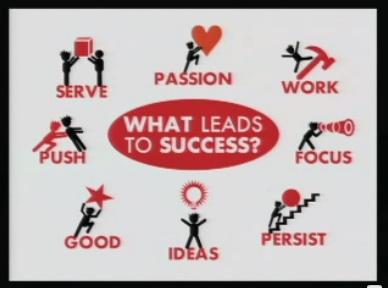Dr. Miller Newton for example believes that drugs and alcohol are major factors in suicide. He states that "Between 85 and 90 percent of adolescent suicides,'' he says, ''occur because the victim was a drug and alcohol user at the time of death." Those numbers do not have any evidence supporting them. Suicide is more then a mix of drugs and alcohol. Suicide is a collective series of event that cause a person to lose the urge to live. Living is one of the most powerful reasons to fight. Looking back at history or even in our own time, this can be proven to be true.
The doctor also makes a point that ," We must stop ill-conceived, 'trendy' suicide-prevention programs that play into the 'suggestibility factor'". This statement is shameful even from him. He assumes that knowing about suicide will bring about suicide. If that were true then knowing about a gun would automatically mean that you would shoot someone and the world would be in a chaotic. All in all, I believe the medical community needs to inform everyone in its sectors to help inform everyone else and help stop this action.
Global Issues in Context "TEEN-AGE SUICIDE: EPIDEMIC, NOT TRENDY."
Why do you think some people can have such different opinions on a single topic?
 |
| fotopedia.com |

















